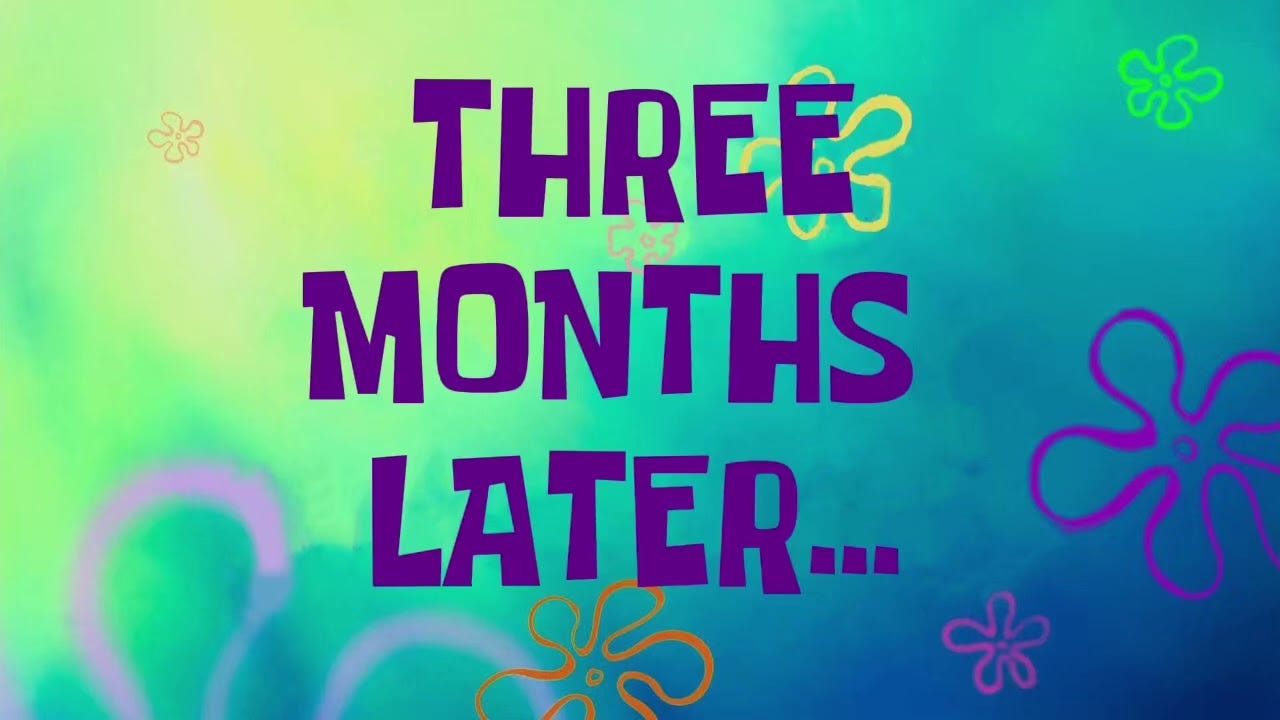Doctors Should Not Treat Depression.
Doctors should play to their strengths. They may be trained to RECOGNIZE depression…but they are far from prepared to TREAT it.

Over a year ago, someone from Twitter reached out asking:
Can you be my Doctor over the phone?
I wasn’t running a consultation service at the time, so I had to decline. Regardless, when people reach out like this, I always try to see if there’s something I can tell or point them towards that can be of any (if small) benefit.
It’s hard to describe. I don’t really know what we need. My wife is depressed. Our oldest has Type 1. And just left for college. Type 1 is brutal. For the kid and parents. And she misses him a lot. She has gained weight and going through menopause, I think. She is not very healthy. Mentally or physically. I don’t know if she would talk to you. I want her to. I don’t know what you could do. Or if prescriptions are needed. I don’t know!
Clearly, the man just wanted his wife to get better.
Then, he shared some more:
I have gotten in shape and started eating healthier…I have gently tried to recommend these strategies and she wasn’t receptive. I don’t trust doctors after Covid.
Does this sound like a situation you think you could improve?
Before I get into my response and what happened thereafter, it’s important to dwell on some things here.
First of all, there has been a major shift in this couple’s lives. Their oldest who recently left to college has Type 1 diabetes. For those with personal experience, you will know how involved a parent must be with a child’s day-to-day eating/drinking, glucose tracking, and insulin injecting. Careful attention to this child can mean the difference between a happy undisturbed life, and rapid hospitalization or worse.
And this child just left to college.
Then, there’s all the other concerns that come with having your first child leave the nest and go to college.
Then, there’s the hole that is left in the parent’s life when this child leaves to college.
You see all the layers here…
Secondly, there was the follow-up statement describing how the husband has improved his own health and life by following the advice of a collection of internet healers…to great success, by the sounds of it.
However, how does this leave the wife? First isolated from their child. Now, seemingly on a path that is diverging from the state of her partner. Whether this divergence is physical, psychological, or purely imagined…it doesn’t really matter. These are all real forces in the psyche of this person.
At this point, the only thing that her doctor prescribed was an anti-depressant. As if that would solve all the problems in this woman’s life.
You should start to see what I’m getting at here. Depression (and other mood disorders) is not a manifestation of factors that exist in one person.
Rather poetically, it wasn’t even the person with the depression diagnosis that reached out to me. It was their life partner.
So, what did I tell the husband?
Depression is a challenging one, because experience tells me that the way out is not with drugs and doctors - these are temporizing measures.
What some need is a combination of love (from others and for themselves) and step-wise demonstration of their own capacity for productivity and meaning.
As you can imagine, this is very difficult for an outsider [doctors] to provide. But, that doesn’t mean there aren’t low hanging fruit. Such as improving sleep habits, diet, outdoor activity, etc.
Honestly, I didn’t expect to get much back so soon.
But, within 5 minutes the husband hits me back with this:
Wow. That last one cut deep. I have fallen short in that respect. It’s complicated. But love from her husband (me) wasn’t shown properly.
I will try and see if I can “help” heal her a little. To get her to you. I’m not an ally in her mind at the moment. THANK YOU SO MUCH for your time. Professional medical advice that’s trusted is hard to come by. It might seem simple to you. But it helped. I’m more at fault than I would like to admit.
This is the type of resonance and response I am looking for in anyone I try to help.
The purpose of my work is not to solve some diagnostic algorithm so I can prescribe a drug or surgery. Indeed, this is not what real doctors are supposed to do.
This is what industrially trained drug-dispensers do.
Real doctors, like good teachers, should primarily be focused on showing people how to lead a healthy life. And, once recognized, how to go about adjusting their lifestyle and habits.
With that goal, the response I received from the husband gave me confidence that some positive changes would follow.
So, what happened in the following months?
What lesson did I learn?
How does this help you?
Finally, I’d like to expand on the title of this article: Doctors should not treat depression.



